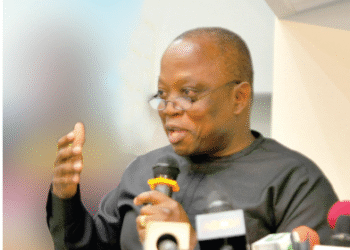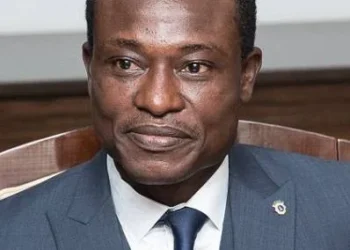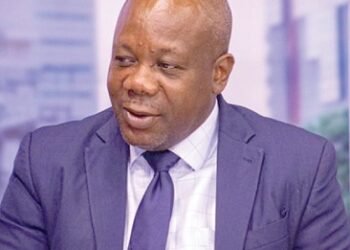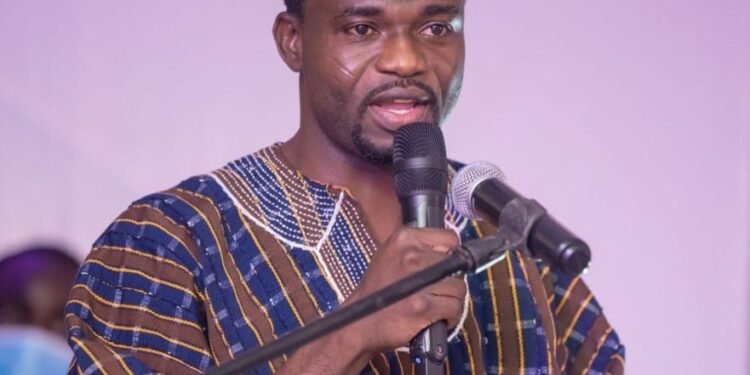The health of a nation is evidenced by the health of its people. As such, when the health delivery system in a country fails to deliver optimally by catering to the needs of ailing patients, what is feared most is bound to happened.
Death is presumably unpredictable. However, apprehension has thickened the plot of whether renal patients in the country will live or die as they hang their hopes in a government that seems almost unbothered by their plight.
The management of the Korle-Bu Teaching Hospital renal unit has become the bone of contention in this matter as parliamentarians and key institutions have drummed home the point of reopening its renal unit for patients to have their sessions.
Days after the Health Ministry directed the immediate reopening of the renal outpatient department of the Korle-Bu Teaching Hospital, the centre remains closed.
The closure of the unit has been in effect since May 22, 2023 and has caused significant inconvenience for patients who rely on dialysis services, forcing them to seek treatment elsewhere.
The continuous delay, according to the President of the Renal Patients Association, Kojo Baffuor Ahenkora, has left patients with death fears since most members of the association cannot afford the services of private hospitals and are forced to wait for their death.
“If you don’t have money to afford it somewhere, you wait for your fate. So, I was even saying that I would beg the doctors that they should find a way and kill all of us peacefully. Very soon, some of us will not even have money to go for the sections again. What is all this? What is going on?”
Kojo Baffuor Ahenkora
Today, November 7, will mark day six since the Health Ministry directed the management of KBTH to reopen the dialysis centre. This makes it five months and sixteen days since the centre closed down over a GHC4 million debt.
As it stands, the silence of leaders in the country has become deafening as about nineteen deaths have been recorded since the closure of the renal unit.
Holding leads accountable to renal patients
Sympathizing with the frustrations of renal patients, a fellow at the Centre for Democratic Development (CDD), Kwame Sarpong Aseidu, revealed that the continuous delay in reopening the centre to the public raises concern about the quality of leadership in the country.
He noted that it is becoming “painful and exhausting” listening to the patients talk and cannot help but ask himself whether there are leaders in the country.
With this, the CDD fellow explained that the renal centre might still be closed even after countless directives from various sector heads because they had failed to include the needed resources to ensure the reopening.
“The Presidential Advisor on Health has spoken on the matter, nothing has happened. The Minister of the Ministry of Finance has spoken, but nothing has happened. The Minister of Health has spoken nothing has happened. So who is going to speak for something to happen?”
Kwame Sarpong
Furthermore, Mr Sarpong revealed that the reason why leaders in the country have all spoken and nothing has happened is because they have spoken without backing it with what is required, which is the “finances and having a bigger conversation about how to get the unit to run without making losses”.
That being said, government must put money where its mouth is if anything really can happen in this country. Stakeholder engagements on what can be done to maintain the centre, and financing thereof is critical because failure to do so might ignite a recurring incident even after this is resolved temporarily.
The feeling of being letdown alone for these patients who are already battling with so much can hasten and even compound their health situation and sensitivity, prioritization and swift response is required in this situation. As the renal unit at the Korle-Bu Teaching hospital has made another pledge to open today, November 7, one can only pray they fulfill their end of the bargain and stay true to its word.
READ ALSO: Bawumia As NPP’s Flagbearer, A Guinness World Record In Party’s History























